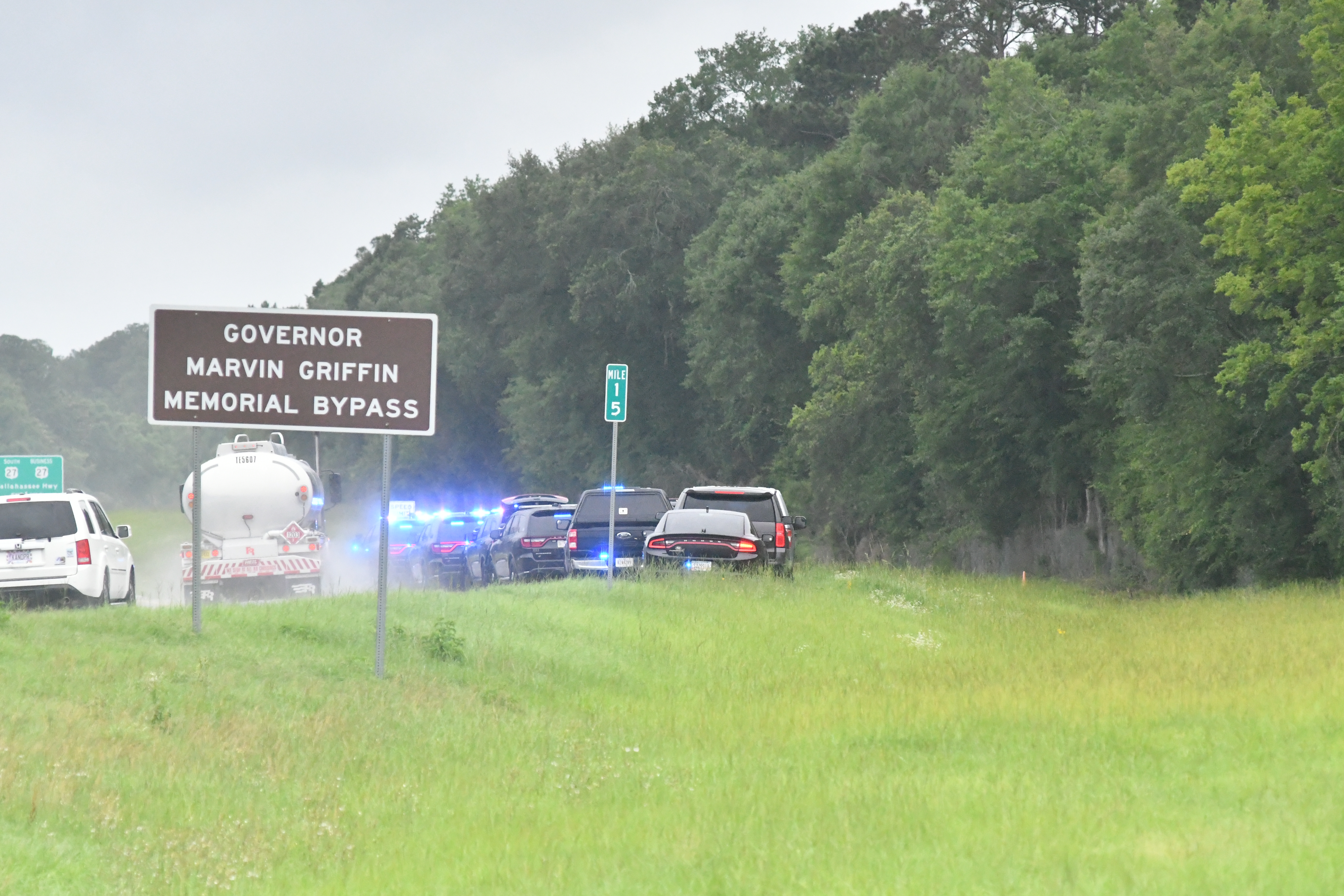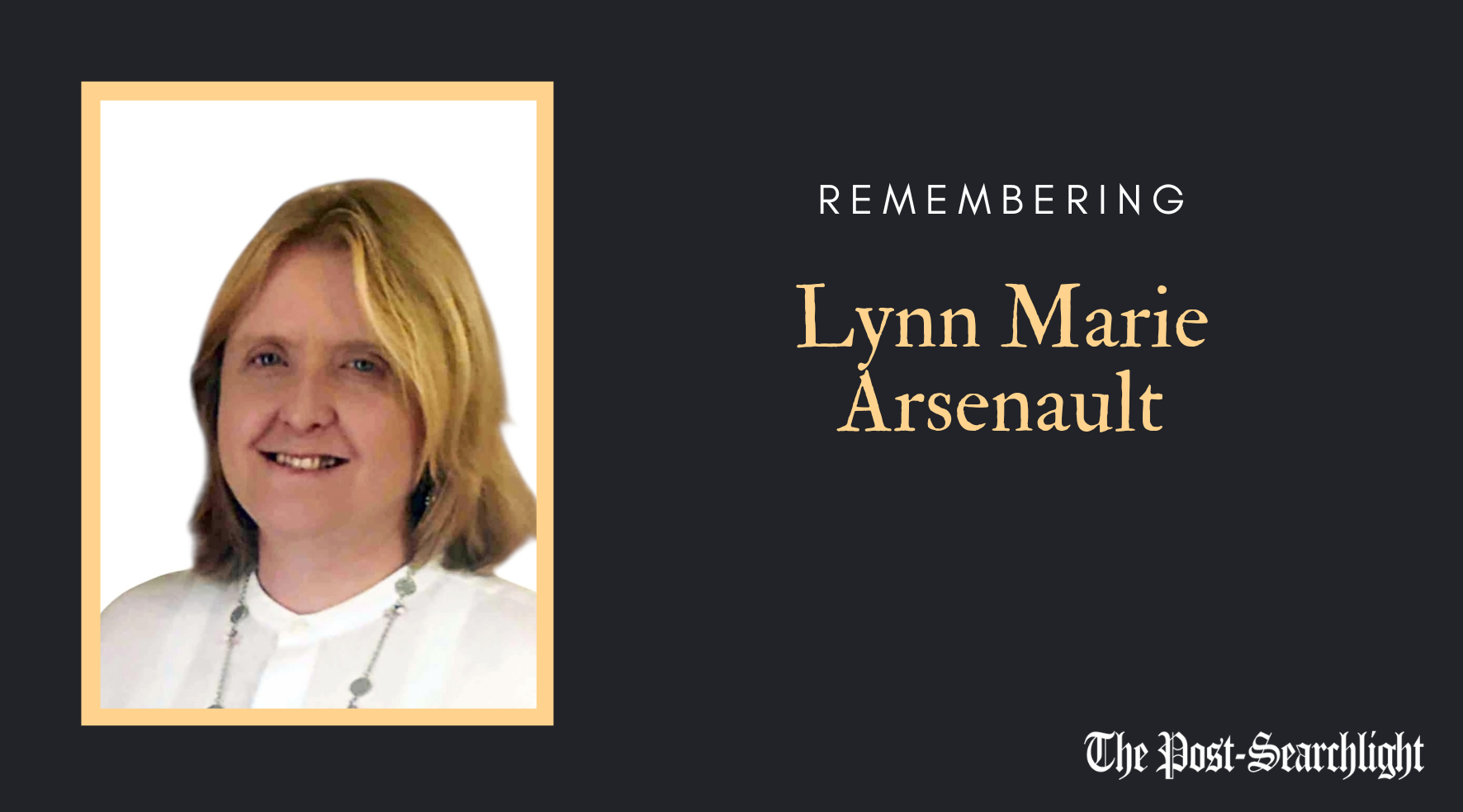The Scots sang it on Hogmanay
Published 2:25 pm Thursday, December 31, 2009
Who is this guy Lang Syne?
Riverboat gambler, Medieval knight on a crusade to the Holy Land, a lost Klondike gold miner, a Viking warrior leaving pillage and destruction among the Celts?
Actually none of the above.
It’s midnight Dec. 31, and at the next second, a new year arrives. We gather to welcome it with the traditional singing of Auld Lang Syne, remembering the year which is passing, and friends and family who have passed with it..
There are many things to remember of 2009, and yet we may be more than ready to quickly dispose of it.
So many family and friends have left us, as happens each year. It’s one of those mortal unavoidable events.
I sing Auld Lang Syne for John McBroom, my delightful downtown neighbor for more than seven years, who could always be seen smiling behind the wheel of his beloved old blue truck.
I sing Auld Lang Syne for Paul Kwilecki, an avid, talented photographer, whose discussions of the craft we had held so many times since the early 1990s.
I sing Auld Lang Syne for Mary Frances Donalson, whose enthusiastic nose for news never strayed as she aged well into her 80s.
I sing Auld Lang Syne for Doyce Ariail Jr., whose dedication to all events in Climax was monumental.
There are so many others to sing for, others who I knew as customers and friends that I shall miss—George Dillard Jr., Sue Simms Hollis, Eleanor Nussbaum, Raleigh Rollins, Glenn Justice, Rowland Bolton, Brian Powell and from our own family, Aunt Willie Belle.
The local roster of those who have passed in 2009 is much longer than those I have remembered here, but each of us has our friends and relatives who have left their mark in our memories.
For all of you who have grieved this year with the passing of friends and family, let us all sing Auld Lang Syne.
Where did Auld Lang Syne originate?
It’s Scotch, conceived as a ballad in 1711 by James Weston, then composed into a poem in 1788 by Robert Burns.
On Hogmanay, or New Year’s Eve, the Scots heralded in the new year by singing its several verses.
Translated, Auld Lang Syne has several meanings—long, long ago; days gone by; for old times sake; days of time gone by.
The song and tradition caught on from the Scots and is now worldwide.
So as we contemplate the new year and the new challenges it may bring, do we wish to remember 2009 for old times sake?
It may well be best to dispose of it.
Other than losing friends and family, it’s been a troublesome year for a many folks. Record high unemployment, homes foreclosed, banks closing or being absorbed, the government poking into financial institution, billions of dollars in loses, much of it possibly never to be recovered.
Yes, it would be a good year to shove aside and begin anew.
Let me wish you a 2010 of new beginnings, a year where your major problems are resolved, a year to come out of the swamp, dry yourself off, and stride away into new challenges.
Let us embrace the line by Robert Schuler, “When the going gets tough, the tough get going.”
Begone 2009. Let old acquaintances remember better times as we sing the song at the end of 2010.





